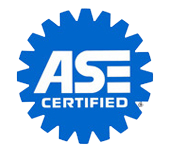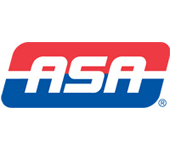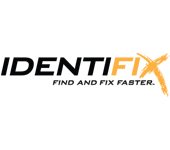What to Do After a Car Accident
How to Appropriately Respond to a Car Accident
To ensure the safety of yourself and others. If you are involved in an accident, it is important to stay calm and assess the situation. If anyone is injured, call 911 immediately. Even if there are no obvious injuries, it is important to seek medical attention to be checked out for any hidden injuries.
Ensure Safety First:
The immediate priority after an accident is safety. If possible, move your vehicle to a safe location, turn on hazard lights, and check for injuries among yourself, passengers, and others involved. Call 911 for medical assistance if necessary.
Notify Law Enforcement:
Contact law enforcement as soon as possible. It's crucial to report the accident to the police as they will create an official accident report, which can be valuable for insurance claims and legal purposes later on.
Exchange Information:
Exchange contact and insurance information with the other parties involved in the accident. Gather names, phone numbers, license plate numbers, and insurance details. It would be ideal to be polite and cooperative during this process. Also, make sure to get information from any witnesses as well.
Document the Accident:
Take photos and videos of the accident scene, including vehicle damage, license plates, road conditions, and traffic signs. This visual evidence can be essential for insurance claims. Write down details such as where the accident took place, what the weather was like, etc.
Seek Medical Attention:
Even if you don't feel injured immediately, it's advisable to seek medical attention. Some injuries may not show symptoms right away, and a medical evaluation can help in documenting any injuries related to the accident.
Notify Your Insurance Company:
Report the accident to your insurance company as soon as possible. Provide them with all the necessary details, including the other driver's information and the accident report number.
Avoid Placing Fault:
While it's essential to cooperate with the authorities and share information, avoid admitting fault or making accusations towards anyone involved. Fault determination is often handled by the insurance companies and legal processes.
Contact an Attorney:
If the accident involves significant injuries or complex liability issues, consider consulting an attorney experienced in personal injury cases. They can provide guidance on your legal rights and potential claims.
Keep Records:
Maintain detailed records of all accident-related expenses, such as medical bills, repair costs, and any missed workdays due to injuries. This documentation will be crucial for insurance claims and potential lawsuits.
Follow Up with Insurance:
Stay in communication with your insurance company throughout the claims process. Cooperate with their investigations, provide requested documents promptly, and keep track of claim progress.
Additional Notes:
When you're using a body shop to get repairs to your vehicle, be aware that the insurance company can recommend a shop, but you are under no legal obligation to use its services. You have the legal right to choose the shop to do your repairs.
Also be aware that insurance companies sometimes try to dictate what type of parts are used in a vehicle's repair. They might insist that a shop not use Original Equipment Manufacturer (OEM) parts, as they are more expensive.
Reviews
|
|
|
|













